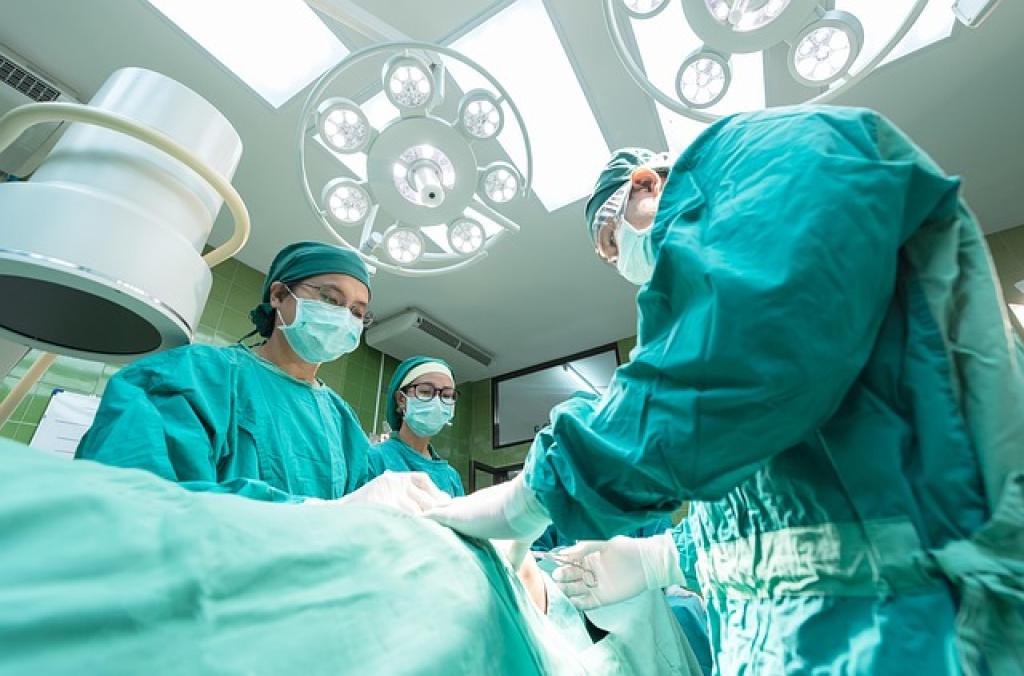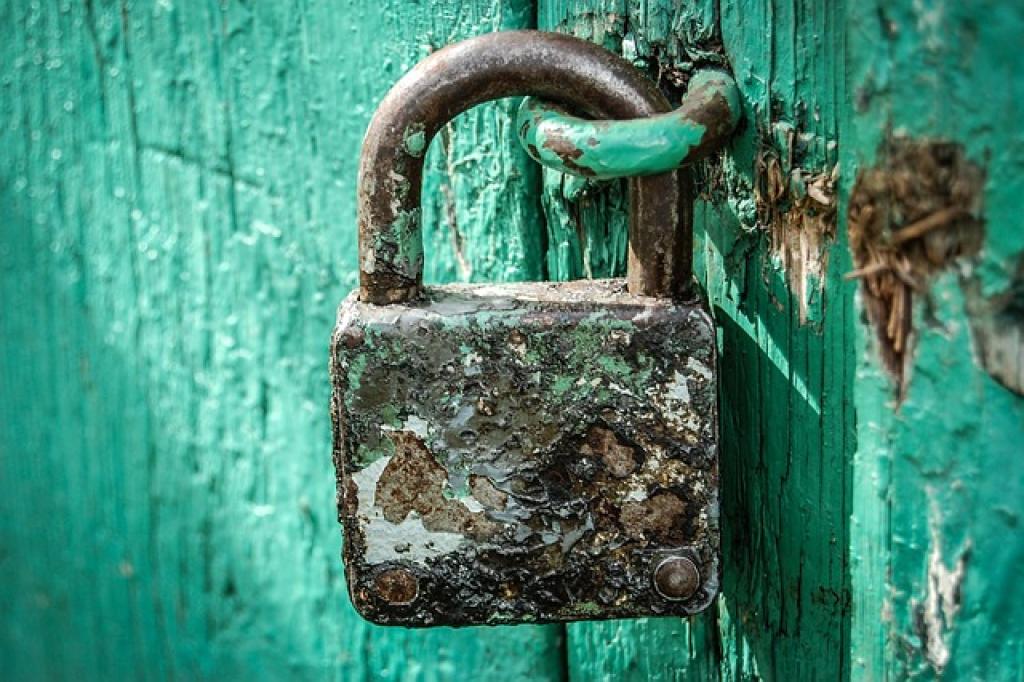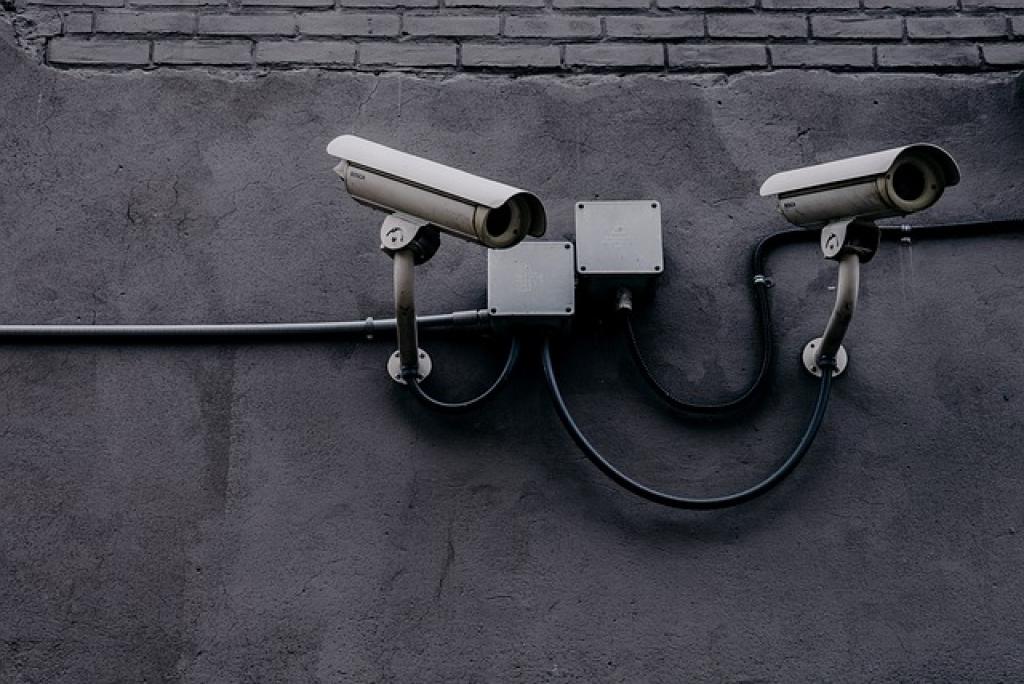
How Security Officers Assist During Medical Emergencies
In medical emergencies, every second counts, and having trained personnel around can make all the difference. Security officers, often the unsung heroes in such situations, play a crucial role in ensuring swift and effective responses when emergencies arise.
From the moment an incident occurs, security officers step in to provide immediate assistance. Their training equips them to manage panic, prioritize tasks, and ensure the area is safe for medical practitioners to work efficiently once they arrive.
Many security officers are trained in first aid and CPR, enabling them to provide vital support until professional medical help can take over. They also have the critical job of communicating clearly with emergency services, ensuring they receive accurate information and guidance.
Moreover, their familiarity with the premises allows them to direct paramedics swiftly to the scene, potentially saving precious minutes. This collaboration between security and medical teams is essential in minimizing harm and facilitating faster recovery for those involved.
Stay tuned to explore more about the vital role security officers play during these high-stakes moments.
How Security Officers Can Provide Immediate Assistance in Medical Emergencies
When faced with a medical emergency, security officers are often the first on the scene, ready to act swiftly and efficiently. Their ability to provide immediate assistance can significantly influence the outcome of an emergency.
One key way security officers assist is by administering first aid. Many are trained in basic medical procedures such as CPR, the Heimlich maneuver, and using Automated External Defibrillators (AEDs). This knowledge allows them to stabilize individuals until medical professionals arrive.
Security officers are also adept at crowd control during emergencies. By keeping the area clear, they ensure that medical responders have unobstructed access, allowing them to perform their duties without unnecessary delays.
Communication is another crucial element of their role. Officers coordinate with emergency services, providing location details and updating them on the victim’s condition. This precise relay of information helps emergency personnel prepare accordingly while en route.
Additionally, security officers must maintain a calm demeanor, helping to soothe any panic among bystanders. Their presence and reassurance can prevent chaos, making it easier for medical teams to focus on delivering care.
Through these proactive measures, security officers play a fundamental role in the early stages of emergency response.
Key Training Required for Security Officers to Handle Medical Situations
Effective handling of medical emergencies by security officers hinges on comprehensive training. This training prepares them to act competently and confidently in high-pressure situations.
A foundational element is first aid certification, where officers learn to treat injuries and perform life-saving procedures. Courses often cover CPR, using Automated External Defibrillators (AEDs), and managing bleeding, choking, or unconsciousness.
Beyond first aid, many security officers receive specialized training tailored to their work environments. This could include managing chemical exposures in industrial settings or handling specific medical equipment if stationed in healthcare facilities.
Crisis management training is equally vital. It equips officers with the skills to maintain order and calm, manage crowds, and make critical decisions quickly. This training often emphasizes communication, teaching officers how to convey essential information clearly to medical personnel and emergency services.
Regular drills and simulations of medical emergencies help officers apply their training under realistic conditions. These exercises reinforce their knowledge and improve response times, ensuring they’re always ready for real-world scenarios.
Through these training programs, security officers gain the expertise needed to be reliable first responders in medical emergencies, ultimately safeguarding the well-being of the people they serve.
Ensuring Patient Safety and Security in Emergency Situations
In emergency situations, ensuring the safety and security of patients is paramount. Security officers play a crucial role in maintaining a safe environment while medical teams focus on delivering care.
A primary responsibility is controlling access to emergency areas. By restricting entry to essential personnel only, security officers help create a secure zone for medical responders to work without undue interference or risk.
Additionally, they manage the flow of people, guiding those affected to safer areas or designated medical zones. This orderly movement prevents congestion and allows medical staff to prioritize those in most need quickly and efficiently.
Security officers also work to safeguard patients’ personal belongings and information. In the chaos of an emergency, it’s essential to protect valuables and maintain confidentiality, reinforcing trust and integrity within the crisis response framework.
Through these efforts, security officers not only protect patients from potential physical harm but also uphold their dignity during distressing moments. Their unwavering vigilance and dedication ensure that emergency response efforts are as effective and compassionate as possible.
Effective Communication Protocols for Security Officers During Emergencies
In emergency scenarios, clear and effective communication is vital for the smooth execution of response efforts. Security officers are at the heart of this process, ensuring critical information is relayed accurately and swiftly.
One of the primary tasks is maintaining open lines with emergency services. Security officers must provide precise details about the situation, including location specifics, the nature of the emergency, and any immediate threats. This information guides first responders in preparing and prioritizing their actions upon arrival.
Officers must also communicate efficiently with colleagues and medical staff. Sharing developments as they occur ensures a coordinated response and helps avoid misunderstandings that could delay vital services.
Training for Communication Excellence
Training in communication skills is integral for security officers. It emphasizes clarity and brevity, ensuring messages are understood even amidst chaos. Simulations and role-playing exercises help hone these skills, preparing officers for various challenging scenarios.
Security officers also need to communicate developments to bystanders and those affected, providing instructions or reassurance as needed. This not only keeps the public informed but also helps maintain calm, enhancing overall safety and security during the emergency.
By prioritizing effective communication, security officers help streamline emergency response efforts, bolstering the collective effort to safeguard lives and property.
Conclusion: Security Officers As Vital Components in Medical Emergency Response
In the realm of emergency response, security officers serve as indispensable pillars, supporting medical teams with agility and dedication. Their ability to provide immediate assistance, manage safety, and maintain clear communication underscores their vital role in such critical situations.
Security officers excel as first responders, bridging the gap until medical professionals arrive. Their training and readiness enable them to deliver essential first aid and manage the scene, ensuring that help reaches those in need without delay. By expertly controlling the environment, they allow medical personnel to focus solely on delivering care, a task that can be daunting amid chaos but is made smoother with the officers’ presence.
Moreover, the security team’s commitment to communication allows for seamless information flow, expediting the decision-making process for everyone involved. Connecting emergency services with on-site conditions ensures that responses are swift and well-coordinated.
Equally important is the role security officers play in preserving the dignity and privacy of those affected. Protecting personal belongings and managing the dissemination of information further cements their role as trusted custodians during emergencies.
Ultimately, their involvement not only enhances the efficiency of medical interventions but also fosters an environment of calm and order, which is paramount during crises. Security officers, through their steadfast dedication and specialized skills, prove to be vital allies in the multifaceted task of emergency response, reassuring all that safety and support are ever-present when needed most.


